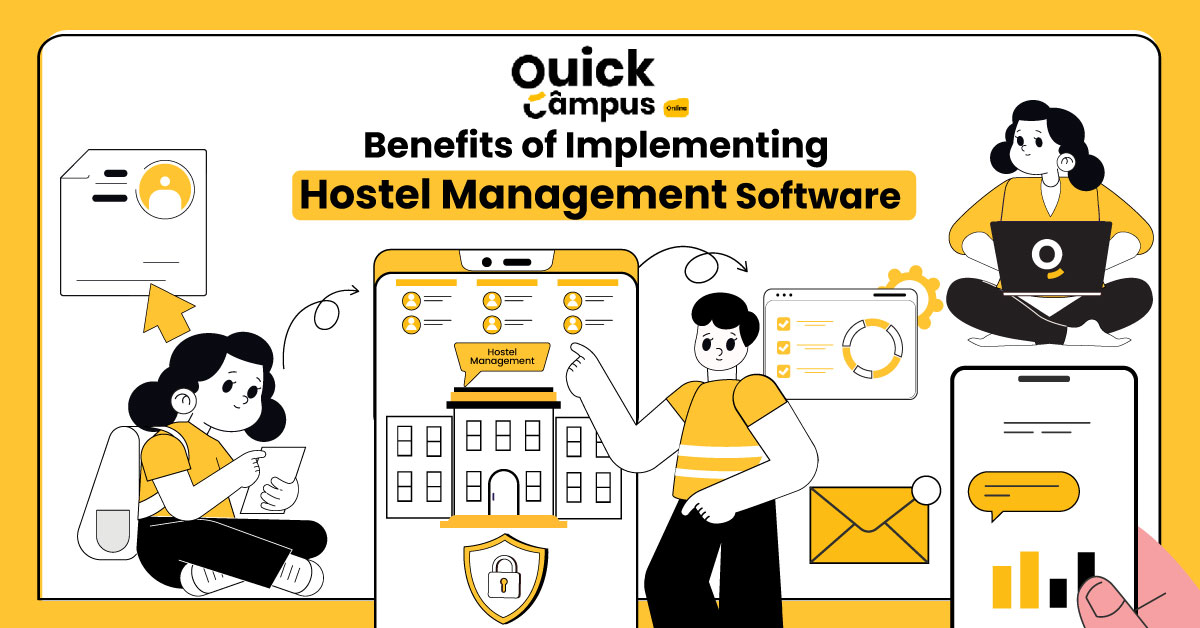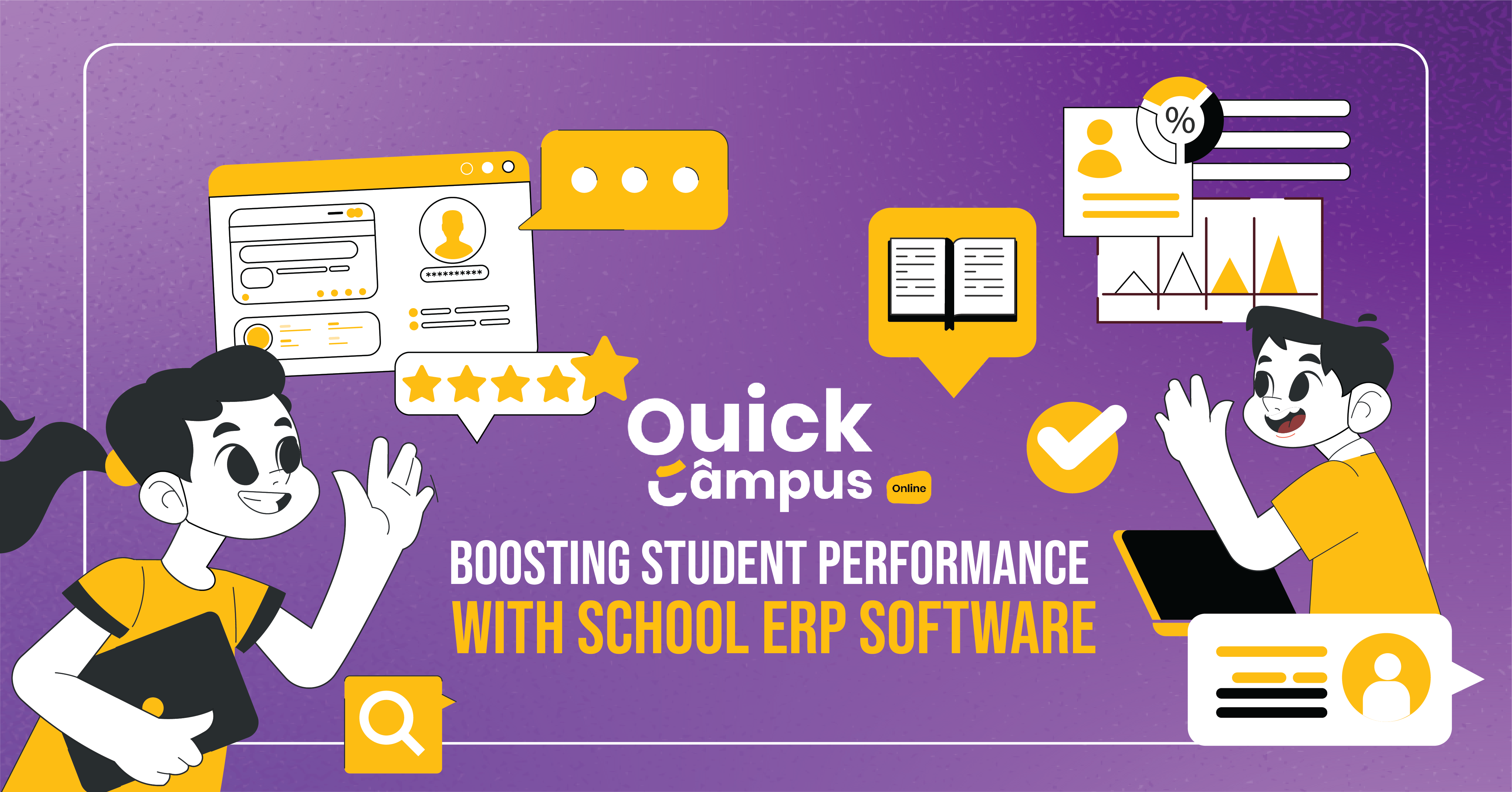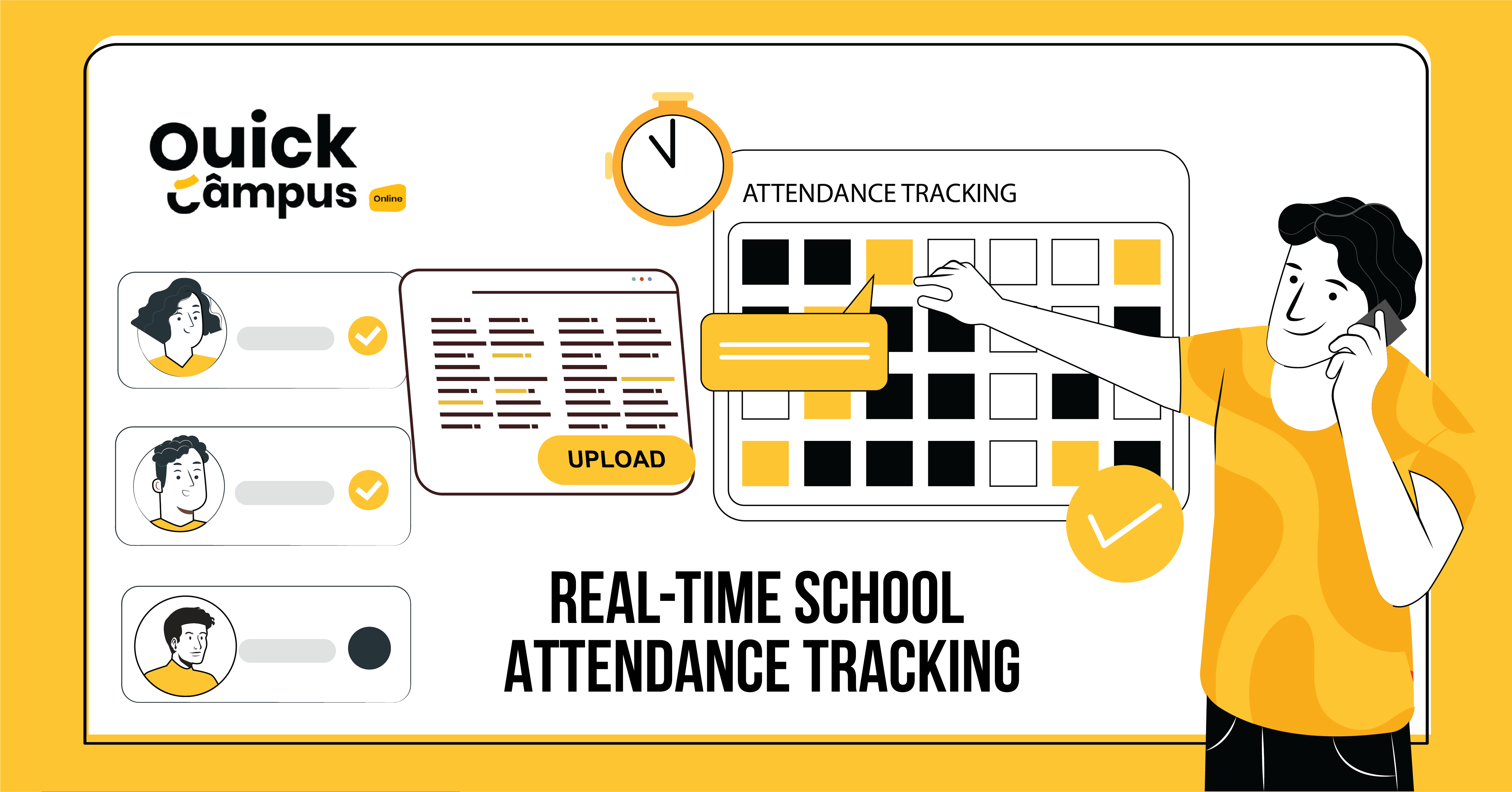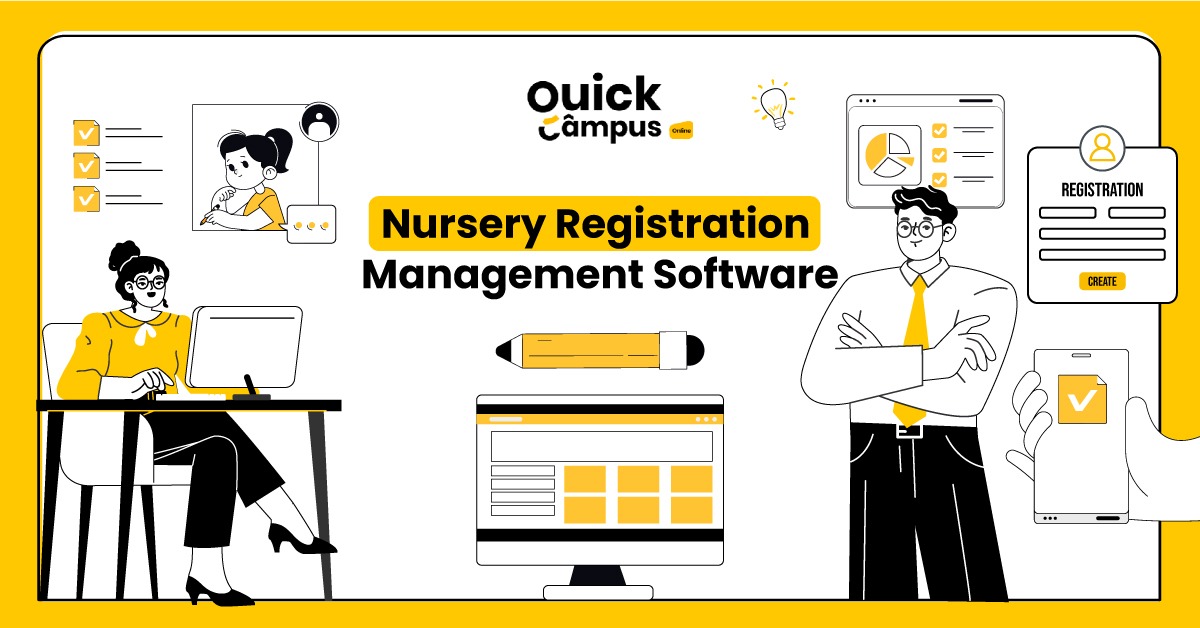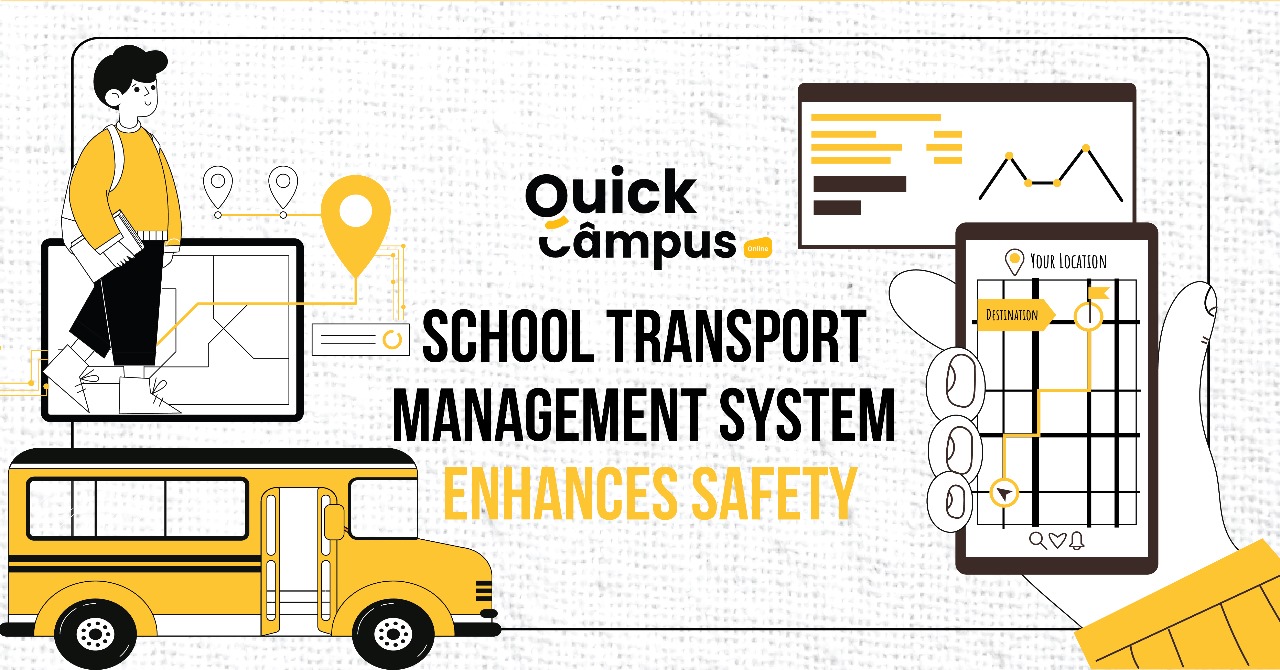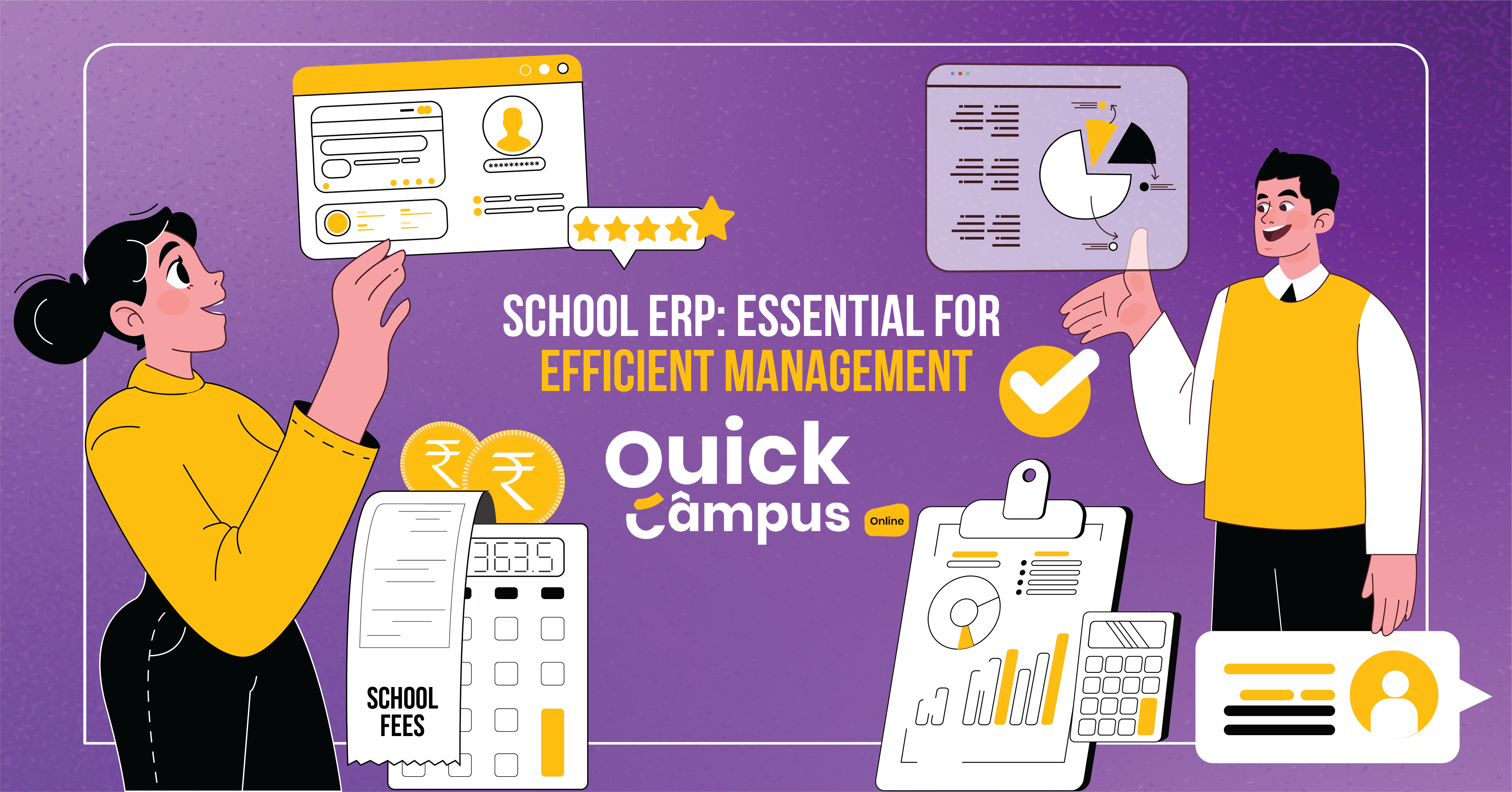Guiding Light: Qualities Of A Good Principal
It is impossible to imagine an educational institution without a head or Principal, just like a family cannot exist without parents. The Principal of a school plays a significant role in Educational institutions. He considered not only the direction of the school but also its soul. They perform administrative duties as well as the role of a good leader. A good principal has many qualities that make him excellent. It includes understanding, honesty, sensitivity, cooperation, and motivation. He inspires his students and teachers so that they move towards catalysis.
Define Principal
The Principal is the chief manager of a school. He oversees the daily operations, such as education programs, staff management, student discipline, and communication with parents and communities. It is his job to determine the rights of the school, create a positive learning environment, and ensure the success of students and staff.
Here Are Some Characteristics That Define An Effective School Principal
1) Visionary Leadership
A good principal thinks about the school’s future and shares their vision with others to inspire them. He provides enthusiasm and stimulation. He instills a sense of purpose and aligns these stakeholders towards a shared goal, creating an active and progressive school environment.
2) Exceptional Communication Skills
Effective communication is not just about exchanging information. It’s about building harmony and developing deep relationships between people. An effective principal communicates openly and with empathy with students, their parents, and the wider community. They actively listen and speak with honesty, which cultivates trust and community. This type of communication fosters a sense of community and enables collective success for the school.
3) Empathy And Respect
Understanding the diverse backgrounds and perspectives of the Principal is a hallmark of a good principal. A compassionate principal creates an inclusive and supportive school culture where the individual feels valued and respected. The school community grows in a sense of belonging and confidence.
4) Strategic Decision-Making
Making smart decisions is about identifying the right message. An informed principal makes smart decisions after gathering the necessary information, consulting stakeholders, and considering perspectives. They align decisions with the school’s mission and vision, ensuring support and direction in the organization’s efforts.
5) Instructional Leadership
The Principal’s job is not limited to administration. They are also responsible for overseeing teaching and learning. An effective principal fosters a culture for improvement and supports best practices for teacher assessment and professional development to promote teacher and student achievement.
6) Collaborative Approach
Building and maintaining supportive relationships is vital to fostering a culture of trust, ownership, and collective responsibility. A principal with a competence style values teamwork, encourages participatory decision-making making, and draws on the diverse talents and expertise available within school communities to foster positive change and innovation.
7) Accountability And Integrity
Adherence to ethical principles and accountability ensures the recognition and trustworthiness of the school leadership. A principled principal leads by example, upholds ethical values, takes responsibility for action, and promotes a culture of honesty, integrity, and decency in the school community.
8) Resilience And Adaptability
Leadership amid adversity requires commitment and adaptability. A responsible principal handles difficult situations calmly and displays resilience and tolerance in conflict. His determination instills a sense of trust, hope, and purpose among stakeholders.
9) Celebrating Success And Fostering Growth
Recognizing successes, whether large or small, fosters a sense of positivity and continual improvement. An empathetic principal celebrates the contributions of staff and students, acknowledges their achievements, and encourages them to develop their thinking by providing opportunities for thoughtful learning and personal growth.
10) Student-Centered-Focus
A student-centered principal prioritizes student well-being, academic success, and holistic development so that every student feels valued, supported, and successful and is empowered and inspired to achieve and realize their full potential.
Inspirational Quotes From School Principals
Here are some famous and motivated inspirational quotes from school principals:
“The future of the world is in my classroom today.” – Ivan Welton Fitzwater
“Every child deserves a champion: an adult who will never give up on them, who understands the power of connection and insists they become the best they can be.” – Rita Pierson
“Teaching is the greatest act of optimism.” – Colleen Wilcox
“Children are apt to live up to what you believe of them.” – Lady Bird Johnson
“Education is the key to unlock the golden door of freedom.” – George Washington Carver
10 Most Important Duties Of An Ideal Principal
Here are essential duties that an ideal principal should fulfill-
1) Administrative Tasks: Managing the day-to-day operations of a school, overseeing its budget and finances, and ensuring compliance with regulations are crucial responsibilities of a school administrator.
2) Instructional Leadership: Providing guidance and support to teachers, implementing curriculum initiatives, and monitoring student progress.
3) Community Engagement: Building relationships with parents, stakeholders, and the wider community to foster collaboration and support.
4) Staff Development: Supporting professional development opportunities for teachers and staff to enhance their skills and effectiveness.
5) Student Welfare: They aim to establish a secure, welcoming, and nurturing atmosphere that encourages students to learn and develop.
6) Decision-Making: Making strategic decisions that align with the school’s mission and vision, considering input from stakeholders.
7) Problem-Solving: Addressing challenges and conflicts that arise within the school community in a manner.
8) Advocacy: They advocate for resources, policies, and programs to benefit students and staff at the school.
9) Communication: Maintaining open and transparent communication channels with all stakeholders, including parents, staff, and students.
10) Continuous Improvement: Leading initiatives to improve academic outcomes, school culture, and overall performance.
Final Words
After all, the role of a principal is not just about running a school. It is much more. A good principal has important qualities like leadership, communication, empathy, and integrity, and they perform many tasks. Along with managing the school’s administration responsibilities, they also run the school. Speaking up for the success and fighting for the community’s cause, a principal is not a fan. He is an education leader who always guides his students towards their future. His dedication and enthusiasm lead his students in a positive direction and leave good results in their lives.

